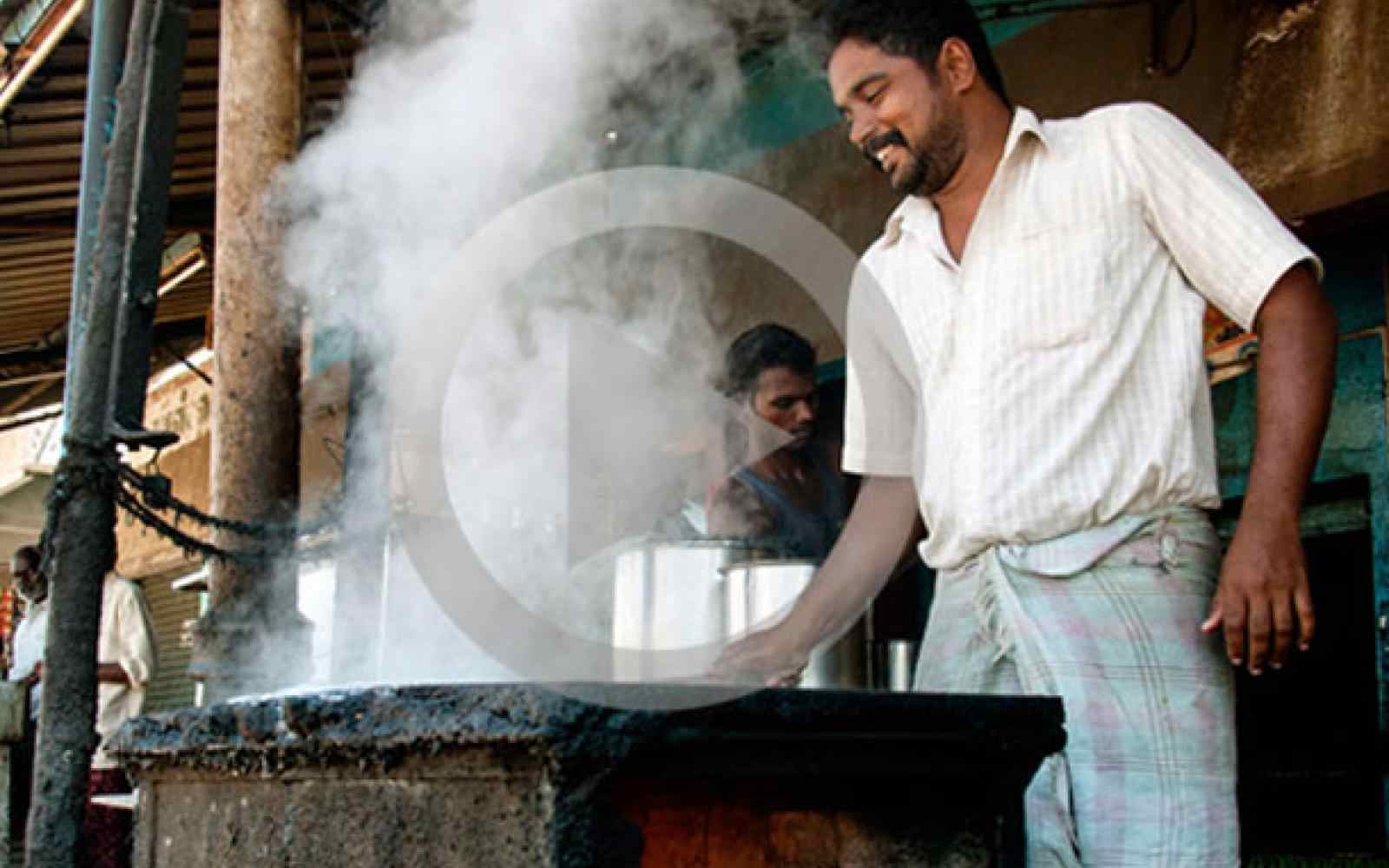Editor's Note: This article first appeared in Ashoka's "Change in the Making" Forbes blog and is a part of a series of Inventior-Entrepreneur stories brought to you in partnership with the Lemelson Foundation
These leaders, whom we call Ashoka-Lemelson Fellows, have accomplished tasks such as reinventing the rickshaw to elevate livelihoods and creating micro-hydropower plants for holistic rural development. They have “changed the game” by refusing to accept things as they are, and by empowering diverse communities to be engines of innovation and iteration. Ashoka-Lemelson Fellows are lifelong apprentices to problem-solving, where the goals shift with the needs of a community. They are always searching for a way to make things work better and improve people’s lives.
Take for example Howard Weinstein, who invented a new type of low-cost, high-quality, solar-powered hearing aid. His technology ensures access for low-income, deaf people in developing countries that need it most. In addition, his deaf employees are taught to become leaders and advocates for the full inclusion of hearing-impaired people in society.
Ana Luisa Arocena is creating new technologies to recycle and dispose of hazardous materials in responsible and economically beneficial ways in Uruguay for the first time, while promoting transparency, spreading environmental and public health awareness, and creating dignified jobs for waste management workers. Utilizing her skillset as a chemist, she wanted to create a company that promoted social and environmental outcomes equally.
Both of these stories demonstrate a creative vision, a human-centered design, and the humble confidence it takes to create a historical transformation. They also demonstrate the power of invention to improve lives. The inventor-entrepreneurs that Ashoka and the Lemelson Foundation have discovered approach problems with unwavering perseverance, humility, and dedication to the community whose needs they are addressing. They are proof that there is a powerful role for the inventor-entrepreneur in society; moreover, the processes they pioneer prove that invention should be a powerful part of every changemaker’s toolbox.
We are now thrilled to have the opportunity to illustrate the impact of the partnership—of the game-changing inventor-entrepreneurs we’ve found and supported—through the stories of the Ashoka-Lemelson Fellows. In the coming weeks you will hear the life stories of these powerful changemakers through multimedia soundslides, and you will experience vignettes about the intersection of invention and social good – as told by the innovators themselves – in powerful micro-documentaries. We hope this collection of stories will become a library of evidence to inspire the next generation of inventors and changemakers.
To start off of this week, we invite you to experience the work of Ashoka-Lemelson Fellow Paul Basil. His organization, Villgro, works to create sustainable change for India’s rural poor by identifying, mentoring, funding, and incubating early-stage invention-based social enterprises.
photo courtesy of Maggie Lemere
